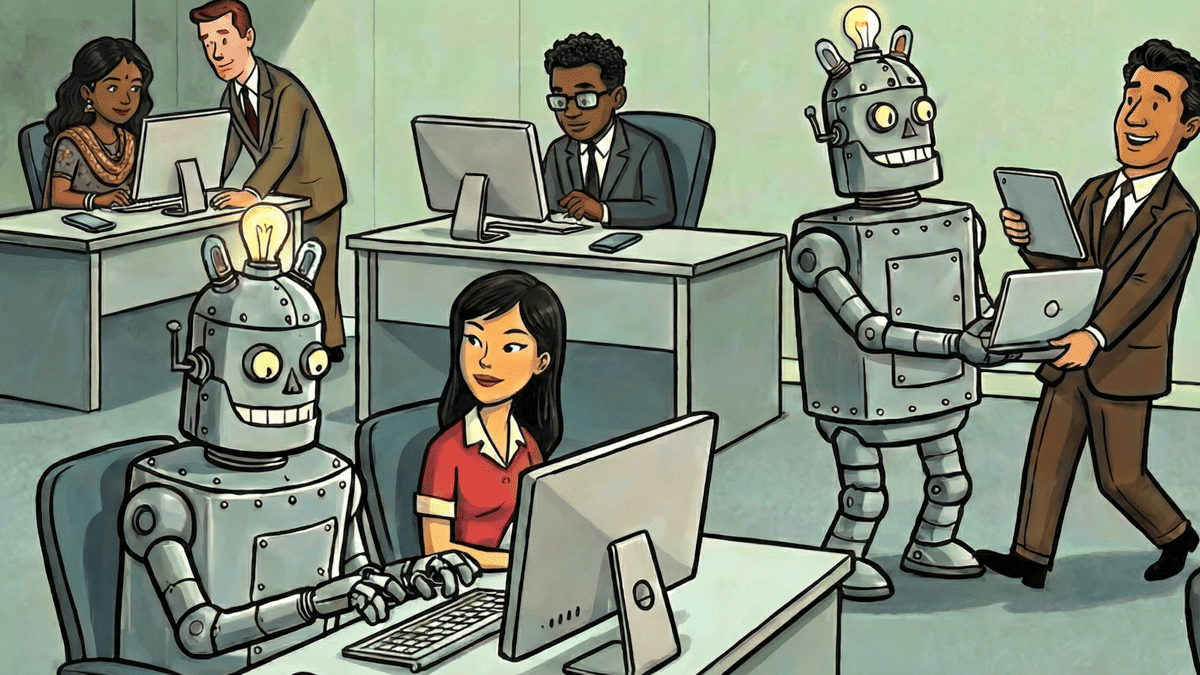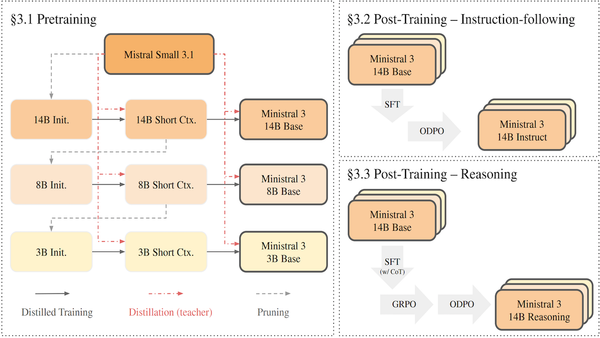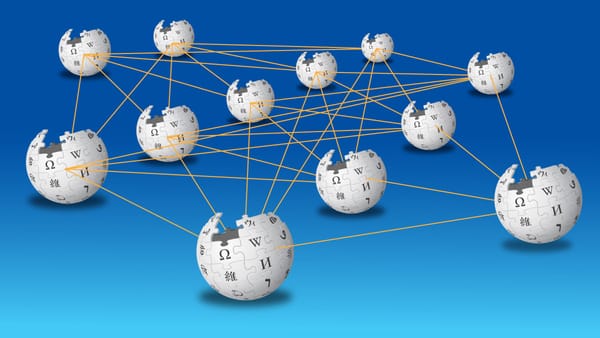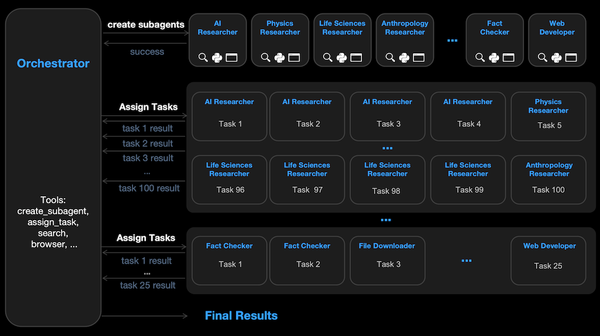Algorithms Choose the News: MSN news service replaces some human editors with AI.
Machines took another step toward doing the work of journalists. Microsoft laid off dozens of human editors who select articles for the MSN news service and app. Going forward, AI will do the job.
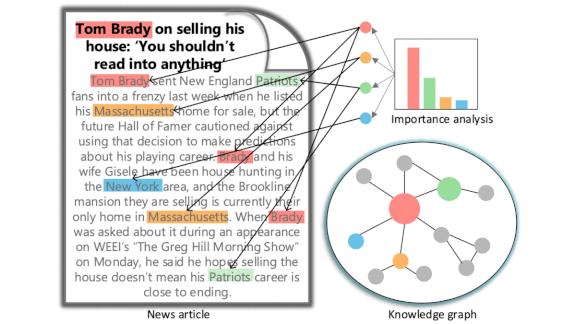
Machines took another step toward doing the work of journalists.
What’s new: Microsoft laid off dozens of human editors who select articles for the MSN news service and app. Going forward, AI will do the job.
How it works: The tech giant declined to share details with The Batch, but recent papers published by its researchers describe methods for curating news feeds.
- A system called KRED combines a knowledge graph attention network with models for entity representation, context embedding, and information distillation. The researchers trained and tested it on nearly 1.6 million interactions between readers and news items.
- KRED also recommends local news, predicts a given article’s popularity, and classifies articles as news, entertainment, and so on. It outperformed other models on a variety of measures.
- A system called NPA matches users with news. Separate modules analyze the relevance of individual words, learn user preferences based on clicks, and score news items according to the likelihood that a given user will click on them.
- Microsoft also has AI that pairs photos with news articles. On Monday, this system matched a story about a singer’s experiences of racial discrimination with a photo of her Jamaican bandmate. The company told its human editors to manually remove from its news services any articles about the misstep, The Guardian reported.
Behind the news: Other efforts to automate news curation have found ways for both machines and humans to add value.
- Apple’s News app uses algorithms to choose trending stories and fill personalized feeds while former journalists screen out fake news.
- Facebook hired editors to help curate the stories featured on its News Tab.
- Krishna Bharat, the inventor of Google News who had left the company but returned last year, has sharply criticized the service’s earlier overreliance on algorithmic recommendation.
Why it matters: In the internet era, information arrives in floods. AI could narrow that to an essential, manageable stream, but that’s a tall order when people depend on a broad range of accurate, timely news to help guide their course as individuals, communities, and societies.
The Batch’s editors are thinking: Yikes!

